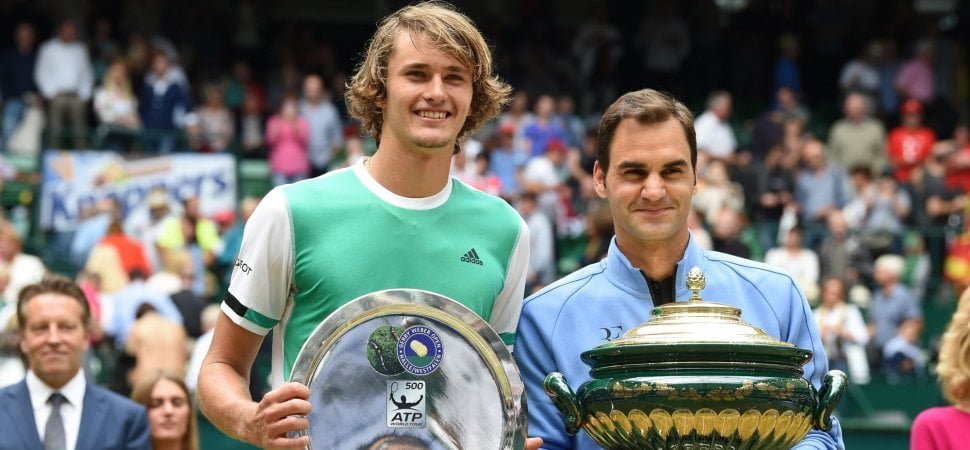
After his recent win in the Australian Open, Roger Federer has now won 20 men’s major singles titles — which means he’s won 1 out of 10 of all the majors held in the 50 years of the “Open Era.”
Among active male players, that puts him four singles majors ahead of Rafael Nadal. That also puts him atop the list of all male players who have won Grand Slams. Federer’s longevity is also incredible: He’s been a professional for 20 years (which in tennis years is close to 40.)
And clearly he’s learned something in all those years, especially about emotional intelligence and how to treat people — even competitors.
Case in point, his advice to Alexander (Sascha) Zverev, the tournament’s 4th seed who lost the final set of his third-round match 6-0.
Basically, Zverev wilted. (And was booed off the court by some of the fans.)
When asked if his ongoing problem winning fifth sets is physical or mental, he said, “Definitely not physical, so… I have some figuring out to do, what happens to me in deciding moments in Grand Slam. It happened at Wimbledon. It happened in New York. It happened here… I definitely have some figuring out to do for myself.”
So what did Federer do?
He gave the 20-year-old Zverev some advice — even though they’re competitors likely to play each other in the future. (Imagine giving your direct competition advice on how to not just improve, but possibly beat you.)
Here’s what Federer said:
“‘I just think it’s important to sometimes take a step back and actually see the good things you’ve done, give yourself time, maybe set the bar a bit lower. First let’s maybe try to look for a quarters or a semifinals, not just right away think coming to the Australian Open, U.S. Open, I have to win this thing….
I know people talk, but for the player, it’s not easy if you’ve never been there. I remember I had a hurdle to pass the quarters. I only did that back in 2003 for the first time. I was 22. Either I played quarters or I lost first round….That’s what I told Sascha. I said, ‘Be patient about it. Don’t put yourself under unnecessary pressure. Learn from these mistakes. Whatever happened, happened.'”
Federer clearly knows what he’s talking about. He carried the weight of heavy public expectation early in his career, and sometimes struggled to meet those expectations.
But he figured it out.
And decided to help Zverev figure it out.
As Inc. colleague Justin Bariso writes, “Instead of judging or labeling others, work hard to see things through their eyes. Ask questions like, ‘Why does this person feel this way?’ and ‘What’s going on behind the scenes?’ Do this, and you’ll enjoy a clearer understanding of the world around you, and build deeper, more connected relationships.”
Even — sometimes — with your competition.

